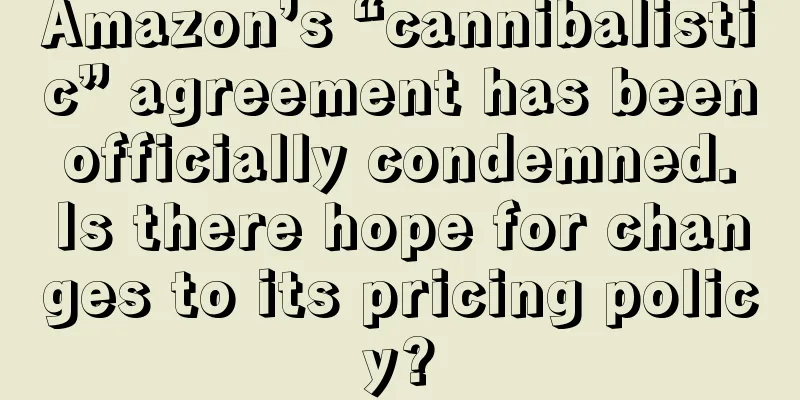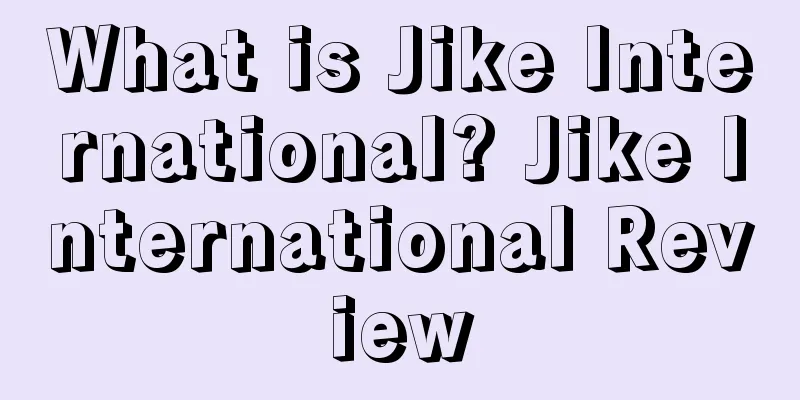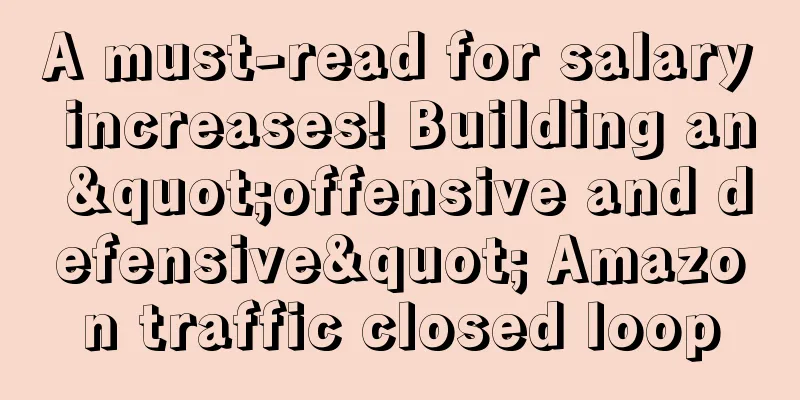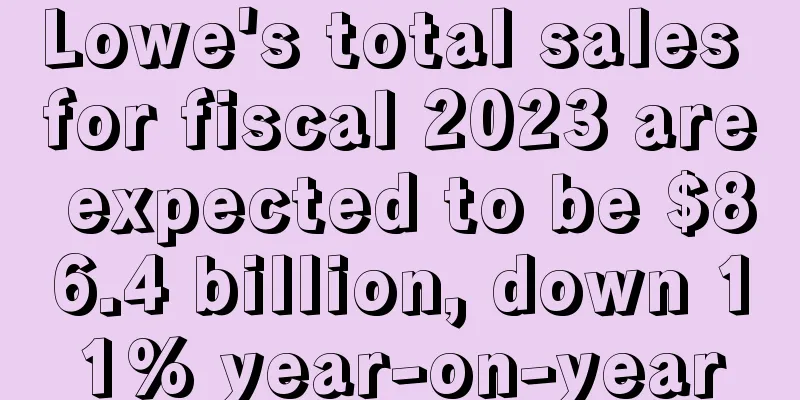As the leader of cross-border e-commerce platforms, Amazon's dominance has been unstable recently. Nowadays, major technology giants are facing increasingly stringent regulations and continue to be suppressed by antitrust forces from all sides. Amazon is the first to bear the brunt and has received multiple antitrust investigations so far.
Cross-border navigation , antitrust competition is officially condemned! Will Amazon's pricing strategy change drastically? #Amazon##Cross-border headlines#Cross-border e-commerce video account ▲ Video account focuses on cross-border navigation The scope of antitrust litigation has been expanded, and pricing policy reforms are expected! It is learned that according to foreign media reports recently, Washington, DC Attorney General Karl Racine announced that he would expand the scope of the lawsuit against Amazon to include pricing strategies formulated for third-party sellers.
In May this year, Amazon was sued for antitrust violations for requiring third-party sellers to prohibit selling on other platforms at prices lower than Amazon's. The lawsuit pointed out that Amazon stifled the competitiveness of rival platforms by strictly controlling prices. In the latest lawsuit statement, Racine said that Amazon continues to use its dominant position in the online market to manipulate pricing policies and further consolidate its monopoly by harming the interests of consumers and sellers. In addition to third-party sellers, Amazon has also signed anti-competitive agreements with first-party sellers and wholesalers. It is learned that Amazon and wholesalers signed a minimum profit agreement , guaranteeing that they will obtain a minimum profit when purchasing and reselling other products, otherwise they will compensate the corresponding price difference, which can be up to millions of dollars. These agreements will help Amazon undercut competitors' prices while forcing wholesalers to charge higher fees for goods on other platforms due to profit losses, thereby balancing the price difference. It is reported that the minimum profit agreements have led to higher consumer costs and fewer choices, greatly inhibiting fair competition between online markets. In response to the allegations, Amazon said that sellers on the platform provide their own product sources and set prices, Amazon can provide sellers with low-priced products, and has the right not to provide product quotes to customers. Therefore, the lawsuit in Washington, DC is wrong. From the lawsuit statement, we can see that Washington DC is questioning the rationality of Amazon's fair pricing policy in response to its compulsory monopoly behavior and illegal competition methods. This also means that the pricing policy that has been causing sellers a lot of trouble is expected to be rectified. Pricing policy has been criticized, are sellers becoming a springboard for Amazon's competition? Amazon's fair pricing policy is formulated mainly to prevent sellers from raising prices and harming the interests of consumers. The following behaviors are considered violations of the pricing policy:
- Setting reference prices for products or services that are misleading to buyers.
- Setting prices for products or services that are excessively high, significantly higher than the current prices offered on or off Amazon.
- When selling the same product in multiples, the price is higher than when selling it individually.
- Setting excessively high shipping prices for your products.
However, the policy does not set clear pricing standards, which has forced some sellers to slash prices to stay within Amazon's volatile price range. A seller reported that Amazon determined that the price of his product was higher than that of other competitors in the market, so he received a performance warning, which made his product unsalable. However, in fact, the seller said that his pricing was still within the acceptable range and was not excessively high. Later, he dropped the price sharply to a level that was almost unprofitable, and Amazon lifted the warning. ▲ The picture comes from Zhiwubuyan Many sellers complain that Amazon’s pricing rules are not based on strict and reasonable criteria, and many sellers are forced to slash prices and almost squeeze out all their profits in order to meet its standards. It is learned that Amazon's third-party seller agreement previously included a "price parity clause" that strictly prohibited sellers from selling products on competing platforms at a lower price than Amazon. Although the clause has been deleted, Amazon has subsequently implemented a fair pricing policy. Combined with the complaint filed by Washington, D.C., Amazon's pricing policy is suspected of forcing sellers to sell at low prices to attract consumers, curbing competing platforms and thus monopolizing the market. At present, the US government's antitrust crackdown on Amazon is still continuing, which may force Amazon to rectify its unfair competition practices under pressure and provide sellers with a fair and just business environment. What do you want to say about this? Feel free to leave a message in the comment area~
|










